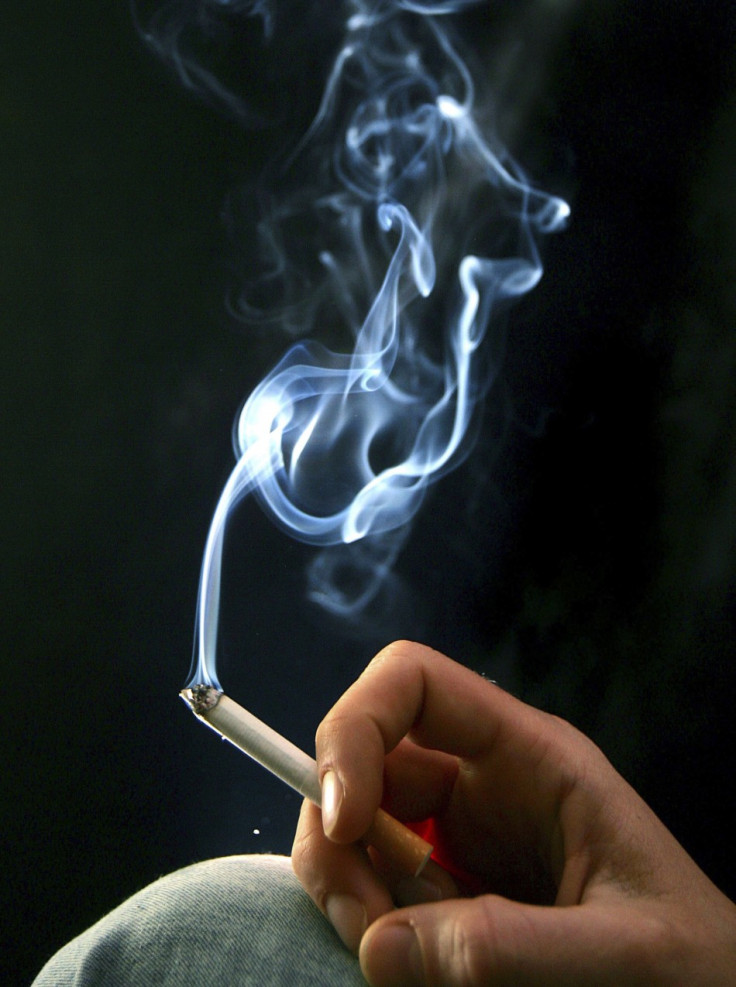Secondhand Smoke Damages Vital Cough Reflex in Kids

Children exposed to secondhand smoke have less sensitivity to cough-eliciting respiratory irritants compared non-smoking parents' children, Monell Chemical Senses Center researchers have found.
The findings could help researchers understand why children of smokers are at higher risk of developing pneumonia, bronchitis and other diseases.
"Cough protects our lungs from potentially damaging environmental threats, such as chemicals and dust. Living with a parent who smokes weakens this reflex, one of the most vital of the human body," said Julie Mennella, Ph D, a developmental biologist at the Monell Chemical Senses Center.
A study conducted on 38 healthy children aged between 10 and 17 years found that children exposed to smoking are less sensitive to cough.
During the study, 38 healthy children were asked to inhale increasing concentrations of capsaicin. This is a burning ingredient in chili peppers and a potent chemical stimulus for cough. The inhalation was through a nebuliser, a device that produces fine sprays used for inhaling medicines. Among the 38 children, 17 children were regularly exposed to smoke at home while 21 were never exposed to smoke. Parents also were tested.
The amount of capsaicin in the nebuliser was increased after each inhalation until the subject coughed twice. The capsaicin concentration that induced two coughs was labelled as the individual's cough threshold.
The study found that children exposed to secondhand smoke required twice as much capsaicin to trigger cough compared to non-exposed children, meaning that the exposed children were less sensitive to irritating environmental stimulus.
An insensitive cough reflex could make exposed children less able to cope with environmental threats, which could in turn play a role in their increased risk for developing respiratory illness, according to a Eurekalert report.
"This study suggests that even if an exposed child is not coughing, his or her respiratory health may still be affected by secondhand smoke," said Paul Wise, researcher at the Monell Chemical Senses Center.
"Future research will explore the relationships among secondhand smoke exposure, cough reflex and the sensory response to cigarettes to ask if exposure-related decreased sensitivity to irritants makes smoking more pleasurable to teens."
© Copyright IBTimes 2024. All rights reserved.





